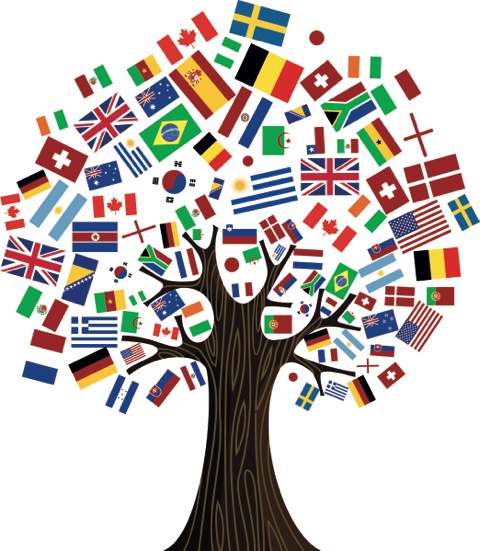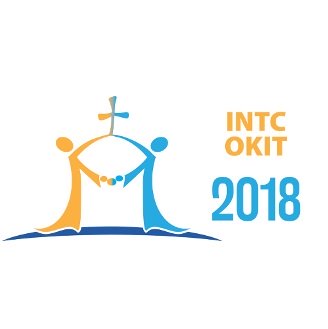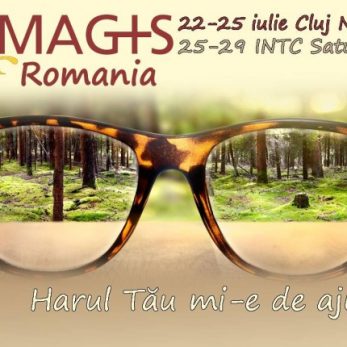No, it’s not the beginning of a joke. Mixed nationalities at table is an everyday occurrence at the novitiate, but the universal character of the Society of Jesus was even more pronounced for me during my recent visit to Romania.
Backtracking a bit, it was an experience immediately preceded by another: the first visit home. I had started and ended this visit with some trepidation, wondering if I was still too attached to the land which had nurtured me and to which I owed my deepest relationships and most tender memories. And yet, I couldn’t help but feel strangely out of place: the deep blue sea, the sun-kissed stone buildings, the once familiar places, were not what my heart was bound to.
A bit perplexed, on the 20th of July I bid farewell to family and friends once again to catch a direct flight to Cluj, Romania to start a new experience, expecting to fall victim to homesickness on my arrival there. Nothing could be further from the truth.
My stay was divided in two: the first few days at the Jesuit’s retreat house in Cluj helping out with the Magis summer camp for young adults, the other days being spent at Satu Mare at the triennial National Catholic Youth Encounter. Days of great graces, consolations, personal encounters and confirmations. One aspect which surprised me however was Romania’s great diversity. Despite exploring little beyond the boundaries of the retreat house in Cluj and the park where the youth encounter was held in Satu Mare, I could not help but feel immersed in a melting pot of different cultures and sub-cultures.
To give you a clue: the mixed nationalities of the Jesuits themselves – Romanians, a Maltese novice, an Italian, and a Pole; the various Christian confessions and rites which shaped Romania – Romanian Orthodox, Greek Catholic, Roman Catholic, Protestant; the curious linguistic phenomena of Romania, home to populations who speak Romanian (a Neo-Latin language riddled with bewildering diphthongs and a smattering of Slavic vocabulary), Hungarian (completely alien to the Indo-European family of languages), and even German. Even France seems to have had a large influence on the Romanian language and intelligentsia.
Caught in the middle of this, my own linguistic registers worked at full throttle: speaking English with the Romanians, Italian with the Jesuits and other religious, trying to learn a few key phrases in Romanian so as to insert myself better. Having to switch rapidly between languages depending on the person I was talking to, it should be no surprise that I would often natter away tranquilly at someone before their puzzled expression would inform me I had picked the wrong language. The Lord is, thankfully, a polyglot: I’m sure He understood my responses to mass (celebrated in Romanian of course) in a random selection of Maltese, English and Italian.
In all this, I felt very much at home even when I couldn’t understand what was being said: body language, a smile, laughter, the thirst for prayer and love of the Lord are Esperanto. And this more so with the other Jesuits, brothers from other cultures but united in goals, desires and mission. Truly, as Fr. Jerome Nadal SJ used to say: “For the Society the whole world is our home”.



Comments